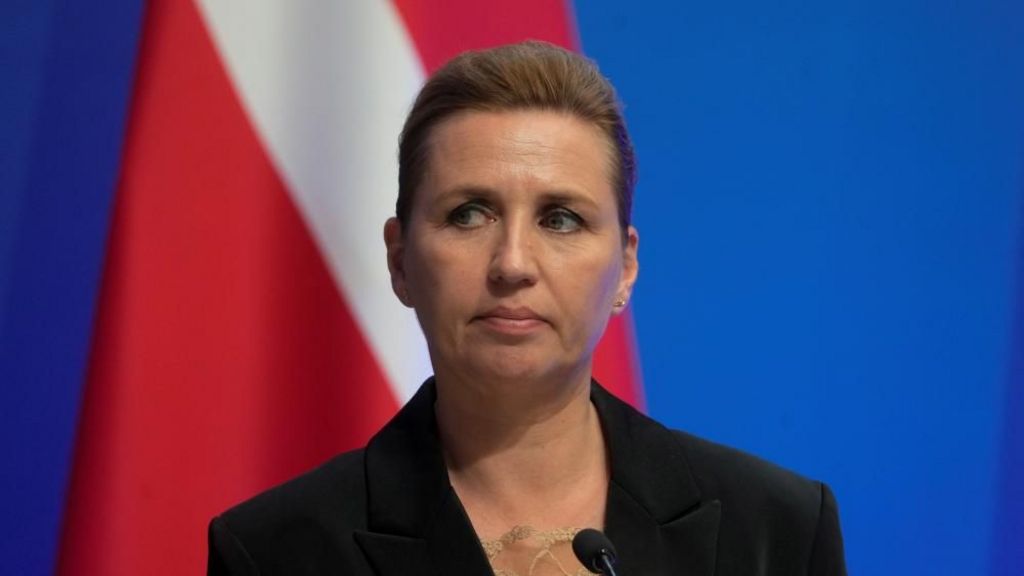The Danish government has made a decisive move to repeal the 25% sales tax on books to tackle what has been described as a "reading crisis" within the country. This tax, one of the highest globally, has been criticized for its negative impact on book consumption. Culture Minister Jacob Engel-Schmidt expressed optimism that eliminating the tax will invigorate book sales and facilitate easier access to reading materials for the public. The decision is projected to have an annual financial impact of around 330 million kroner ($50 million, £38 million).
Recent findings from the OECD, a notable intergovernmental organization, reveal that an alarming 25% of 15-year-olds in Denmark struggle to comprehend even simple texts. Engel-Schmidt acknowledged the urgency of this situation, stating, "The reading crisis has unfortunately been spreading in recent years." He added that he feels "incredibly proud" of the government's commitment to enhancing cultural consumption among Danes.
Compared to Denmark's VAT of 25%, neighboring countries like Finland, Sweden, and Norway offer significantly lower rates on books—14%, 6%, and 0%, respectively—with the UK maintaining a zero VAT rate. Surveys highlight a disturbing trend of decreasing reading and comprehension skills among younger Danes. According to Mads Rosendahl Thomsen, vice-chair of the government’s literature working group, while younger children show potential for improvement, the comprehension skills of 15-year-olds are critical at this juncture.
Thomsen reflected on the situation, noting the myriad distractions available to young people in today’s digital landscape that contribute to this reading struggle. While he acknowledges the repeal of the book tax as a positive step towards making literature more accessible, he cautions that tax adjustments alone will not resolve the crisis. He affirmed the working group’s commitment to exploring new strategies aimed at enhancing the visibility and export of Danish literature, digitization within the book market, and considerations around fair compensation for authors.



















